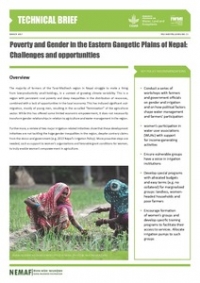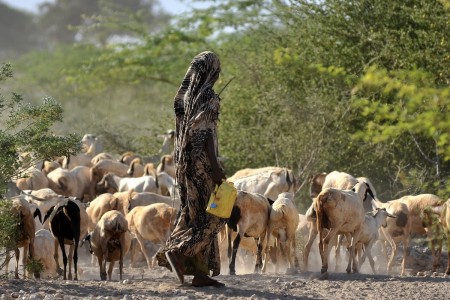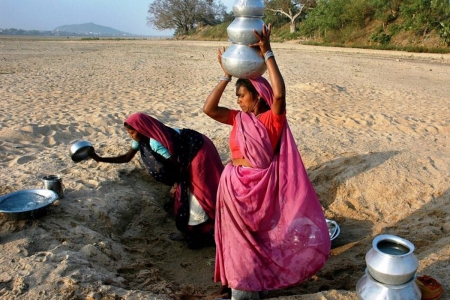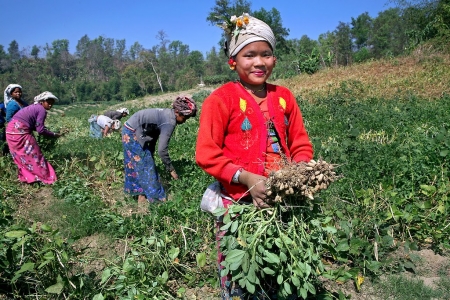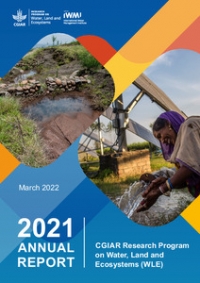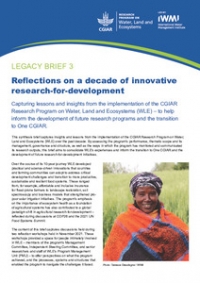It is difficult to deny that rural women in South Asia’s lives have changed dramatically over the last few decades – although research in lowland Nepal by IWMI, Nepal Madhesh Foundation and Wageningan University have shown how the pattern of transformation has been selective. Expanding markets and a profusion of microfinance programmes have increased women’s access to cash and control over household finances. However, they have also changed consumption patterns and created new patterns of indebtedness. Similarly, while male out-migration has improved women’s control over decision making and household resources, it has also increased the work burden and created new patterns of vulnerability.
One sphere in a highly gendered social landscape, which remains the domain of males is irrigation. In spite of the new roles women have in decision making and control over cash, accessing ground and surface water irrigation is a significant challenge. Not only do women play a limited role in canal management committees, they also face difficulties in accessing groundwater through male dominated water markets, and sometimes fail to access the government irrigation subsidies they are entitled to. Access to timely irrigation is critical at a time of climate stress.
A new technical brief highlights the broad spectrum of changes underway in Nepal’s Tarai-Madhesh region, while highlighting the need for more targeted agricultural development interventions, which move beyond ‘tokenistic’ quotas for women’s participation, and which challenge the very real social structures which limit women’s engagement in public life.


